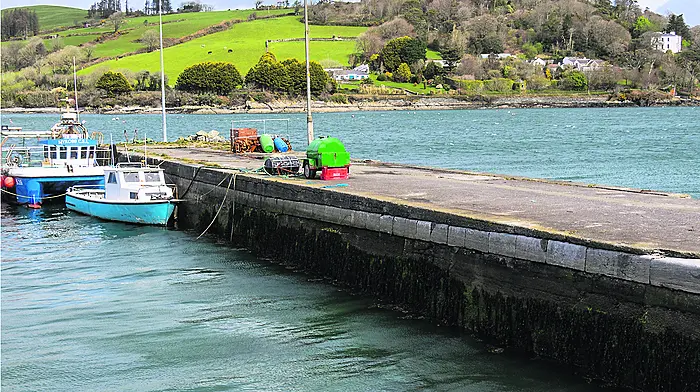BY SIOBHAN HEALY
AS we are all only too well aware, the outbreak of the Covid-19 pandemic has seen government expenditure rise substantially in the last 15 months or so.
The figure went from €87.2bn in 2019 to €105.9bn in 2020 and is forecasted to be at €109.2bn this year.
This gives rise to the issue of funding once we will be obliged to repay the country’s significant level of borrowings from 2023 onwards.
The Economic and Social Research Institute (ESRI) has recently issued a publication setting out the options for raising tax revenues in Ireland.
This paper suggests that broad based tax increases may be needed to fund future public spending.
It examines a range of options that a future government might look at in order to boost tax revenues.
It furthermore addresses the distribution of the potential impact of such policies along with the possible economic effects.
The ESRI concludes that future spending demand combined with a potential drop in corporation tax and motor tax receipts mean that significant future tax increases are likely to be necessary in the years ahead.
The research shows that increases to income tax, VAT or the Local Property Tax (LPT) could raise significant sums of revenue.
The paper suggests that a 1% increase in both the standard and higher rates of income tax would raise almost €1bn per year.
This would be mostly from the highest-income third of households.
The raising of the standard and reduced rates of VAT by 1% would raise €690m per year, mostly from the highest-income half of households.
There are a number of changes currently planned for the LPT regime which will take effect later in the year, it is thought however that the majority of households will not see an increase in their LPT charge.
It is expected that overall yield from the changes will be €560m by removing the exemption for new homes built since 2013 and by introducing a four-year review of property valuations.
According to the ESRI a recurrent tax on wealth would raise substantial additional revenue.
However, as property makes up around 90% of household wealth in Ireland, a tax which exempts property would be limited in its effectiveness.
The paper states that there is more scope for raising taxes on transfers of wealth, given fewer than half of deaths lead to an inheritance subject to Capital Acquisitions Tax.
A new report from the OECD also points to inheritance, estate and gift taxes as a mean of improving public finances with the added benefit of reducing wealth concentration and enhancing equality of opportunity.
Ireland, currently, has one of the lower levels of tax take from inheritance tax in the OECD.
The paper concludes that even before the outbreak of the Covid-19 pandemic, an ageing population,future spending increases, overreliance on corporation tax receipts and a decline in motor tax revenues combined to make the need for future tax rises more likely.
Clearly, the need is now highly likely.
• Siobhan Healy is a tax consultant with FDC tax advisors in Bandon.







